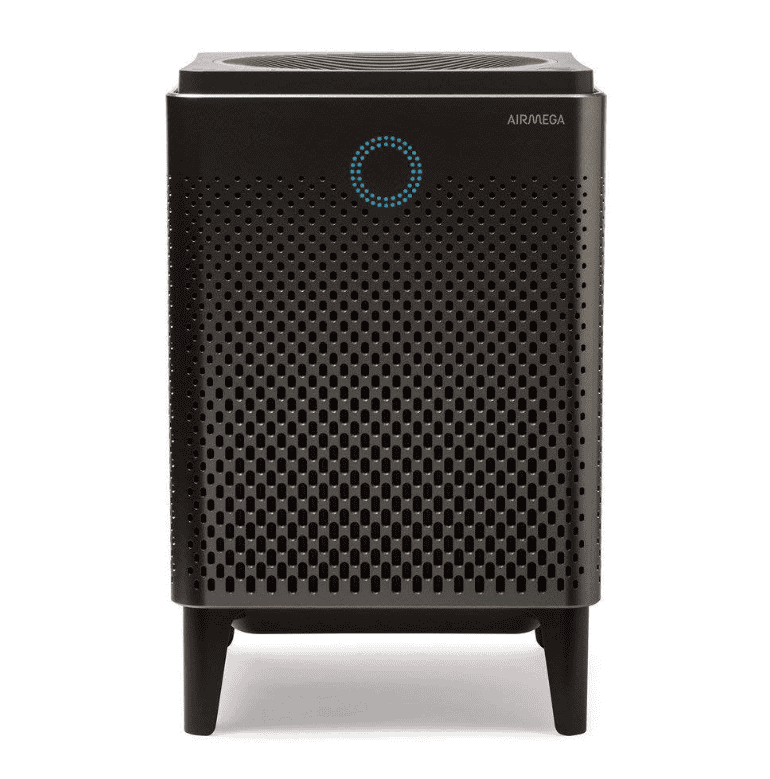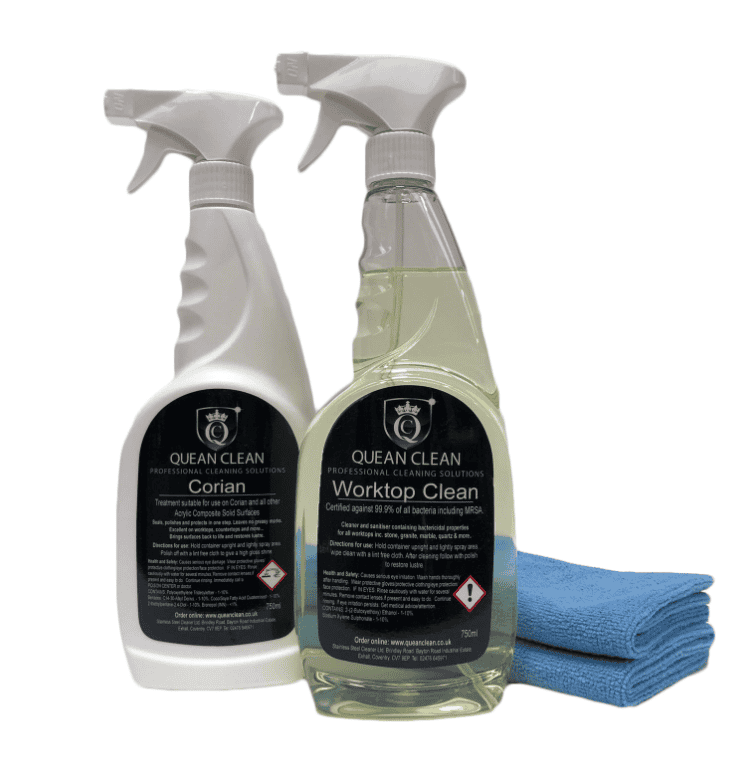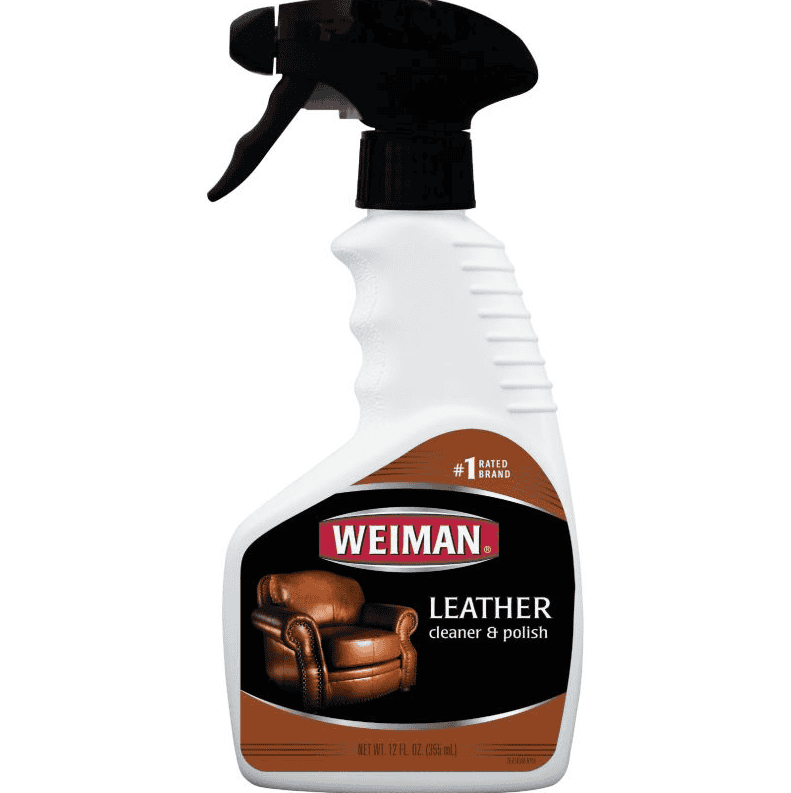Feet, often neglected in personal hygiene routines, play a crucial role in mobility and overall well-being. However, they are prone to dirt, bacteria, and odor due to their constant exposure to the environment. Maintaining clean feet is essential for preventing infections, promoting foot health, and enhancing personal comfort. This introduction explores the importance of cleaner feet, the benefits of using feet cleaners, and the factors to consider when choosing the best feet cleaner for optimal foot hygiene.
Best Feet Cleaners: Reviews of Top Products for Healthy, Odor-Free Feet
Maintaining clean and healthy feet is essential for overall well-being. While hands are often the focus of hygiene, feet can accumulate dirt, bacteria, and odor due to their constant contact with the ground and enclosed footwear. To address this, a variety of feet cleaners have emerged, promising to eliminate grime and keep feet fresh.
Are feet cleaner Than Hands?
Contrary to popular belief, feet are not inherently cleaner than hands. In fact, they can harbor more bacteria due to the warm, moist environment created by shoes. This can lead to foot odor, infections, and other skin problems.
Best Feet Cleaners
To combat these issues, feet cleaners offer a convenient and effective solution. Here are some of the top products available:
- Dr. Scholl’s Odor-X Odor Eliminating Spray: This spray contains a powerful antibacterial formula that kills odor-causing bacteria and leaves feet feeling refreshed.
- Tea Tree Oil Foot Soak: Tea tree oil has antifungal and antibacterial properties that can help soothe and cleanse tired feet. Simply add a few drops to warm water and soak for 15-20 minutes.
- Foot Peel Mask: These masks contain exfoliating acids that remove dead skin cells and reveal smoother, softer feet. They are ideal for removing calluses and preventing cracked heels.
- Foot Scrub: A foot scrub is a gentle exfoliator that removes dirt and debris from the surface of the feet. It can help prevent ingrown toenails and promote healthy skin.
- Foot Powder: Foot powder absorbs moisture and helps prevent odor. It can be applied to feet and inside shoes to keep them dry and comfortable.
Choosing the Right feet cleaner
When selecting a feet cleaner, consider your individual needs and preferences. If you have particularly sweaty or odorous feet, an antibacterial spray or foot soak may be most effective. For dry or cracked feet, a foot peel mask or scrub can help restore moisture and smoothness.
Conclusion
Maintaining clean and healthy feet is crucial for overall well-being. By using a feet cleaner regularly, you can eliminate dirt, bacteria, and odor, preventing foot problems and keeping your feet feeling fresh and comfortable. Whether you choose a spray, soak, mask, scrub, or powder, there is a feet cleaner available to meet your specific needs.

Are Feet Cleaner Than Hands? Uncovering the Truth
The age-old question of whether feet are cleaner than hands has sparked countless debates. While it may seem intuitive to assume that hands, which come into contact with a myriad of surfaces, are dirtier, scientific evidence suggests a more nuanced reality.
Studies have shown that the skin on the soles of feet is thicker and more resistant to bacteria than the skin on the palms of hands. This is due to the presence of a protective layer of keratin, which helps to prevent the penetration of microorganisms. Additionally, the feet are often covered by socks and shoes, which further shield them from exposure to dirt and germs.
However, it is important to note that the cleanliness of feet can vary depending on factors such as hygiene practices, footwear, and environmental conditions. For example, walking barefoot in public areas or wearing shoes that do not provide adequate ventilation can increase the risk of foot contamination.
In contrast, hands are constantly exposed to a wide range of surfaces, including doorknobs, keyboards, and food. This exposure can lead to the accumulation of bacteria, viruses, and other microorganisms. Moreover, the frequent use of hand sanitizers and soaps can disrupt the natural balance of the skin’s microbiome, making it more susceptible to infection.
Therefore, while feet may have certain inherent advantages in terms of cleanliness, it is essential to maintain good hygiene practices for both feet and hands. Regular washing with soap and water, wearing clean socks and shoes, and avoiding walking barefoot in public areas can help to minimize the risk of contamination.
Furthermore, it is important to consider the context in which the question of cleanliness is being asked. In certain situations, such as when handling food or performing medical procedures, it is crucial to ensure that both hands and feet are thoroughly disinfected.
In conclusion, the question of whether feet are cleaner than hands is not a simple one. While feet may have some natural advantages, the cleanliness of both feet and hands depends on a variety of factors. By adhering to good hygiene practices, we can help to keep both our feet and hands clean and healthy.

Feet Cleaner: The Ultimate Solution for Smelly and Unclean Feet
Maintaining clean and healthy feet is essential for overall well-being. However, feet are often neglected, leading to unpleasant odors and discomfort. The introduction of feet cleaners has revolutionized foot hygiene, offering a convenient and effective solution for keeping feet fresh and clean.
Feet cleaners are specifically designed to address the unique challenges of foot care. They contain antibacterial and antifungal agents that effectively eliminate odor-causing bacteria and fungi. Additionally, they often incorporate exfoliating ingredients that remove dead skin cells and prevent the buildup of dirt and grime.
Contrary to popular belief, feet can be cleaner than hands. While hands come into contact with a wide range of surfaces, feet are typically confined to shoes and socks. This limited exposure to external contaminants makes feet less prone to contamination. However, it is important to note that feet can still become dirty and smelly due to sweat, moisture, and the accumulation of dead skin cells.
Choosing the best feet cleaner is crucial for optimal results. Look for products that contain natural ingredients, such as tea tree oil, eucalyptus, and peppermint, which have antibacterial and antifungal properties. Avoid harsh chemicals that can irritate the skin. Additionally, consider the type of feet cleaner that suits your needs. Sprays and powders are convenient for quick touch-ups, while scrubs and washes provide a more thorough cleaning experience.
Using a feet cleaner is simple and straightforward. Apply the product to clean, dry feet and massage it in gently. Allow it to sit for the recommended time, then rinse thoroughly with water. Regular use of a feet cleaner will help keep feet fresh, clean, and odor-free.
In addition to using a feet cleaner, there are other measures you can take to maintain healthy feet. Wear breathable socks that absorb moisture and change them daily. Avoid wearing shoes that are too tight or constricting. Wash your feet regularly with soap and water, and dry them thoroughly. If you experience persistent foot odor or discomfort, consult a healthcare professional for further evaluation.
By incorporating a feet cleaner into your daily routine, you can enjoy cleaner, healthier, and more comfortable feet. With its antibacterial and antifungal properties, a feet cleaner is the ultimate solution for keeping feet fresh and odor-free.

Cleaner Feet: A Comprehensive Guide to Foot Hygiene
Maintaining clean feet is crucial for overall health and well-being. While hands are often the focus of hygiene practices, feet also require meticulous care to prevent infections and promote comfort.
Are feet cleaner Than Hands?
Contrary to popular belief, feet are not inherently cleaner than hands. In fact, they are exposed to a wider range of microorganisms due to their constant contact with the ground and enclosed environment within shoes.
Best feet cleaner
Choosing the right foot cleaner is essential for effective hygiene. Look for products that contain antibacterial and antifungal agents to combat odor-causing bacteria and prevent infections. Avoid harsh chemicals that can irritate the skin.
Foot Hygiene Routine
A comprehensive foot hygiene routine should include the following steps:
- Wash your feet daily: Use warm water and a mild soap to remove dirt and bacteria. Pay special attention to the areas between the toes.
- Dry your feet thoroughly: Moisture can create a breeding ground for bacteria. Use a clean towel to pat your feet dry, especially between the toes.
- Moisturize your feet: Applying a moisturizer can help prevent dryness and cracking, which can lead to infections.
- Change your socks regularly: Damp socks can promote bacterial growth. Change your socks at least once a day, or more often if your feet sweat excessively.
- Wear breathable shoes: Choose shoes made from materials that allow your feet to breathe, such as leather or mesh. Avoid wearing tight-fitting shoes that restrict air circulation.
- Inspect your feet regularly: Check your feet for any signs of infection, such as redness, swelling, or discharge. If you notice any abnormalities, consult a healthcare professional promptly.
Additional Tips
- Use foot powder: Foot powder can help absorb moisture and reduce odor.
- Exfoliate your feet: Exfoliating your feet can remove dead skin cells and prevent calluses.
- Get a pedicure: A professional pedicure can help remove dead skin, clean your nails, and improve circulation.
- Avoid sharing shoes: Sharing shoes can spread infections.
- Keep your feet elevated: Elevating your feet can help reduce swelling and improve circulation.
By following these tips, you can maintain clean and healthy feet. Remember, foot hygiene is an essential part of overall well-being and should not be neglected.
Q&A
How can I get cleaner feet?
Wash your feet daily with soap and water.
Exfoliate your feet regularly to remove dead skin cells.
Moisturize your feet to keep them soft and smooth.
Wear shoes that fit well and provide support.
Change your socks frequently.
What is the best feet cleaner?
There are many different feet cleaners on the market, so it is important to find one that is right for you.
Some popular feet cleaners include: Soap and water
Epsom salt soaks
Tea tree oil
Apple cider vinegar
Hydrogen peroxide
Are feet cleaner than hands?
No, feet are not cleaner than hands.
Hands are constantly exposed to bacteria and viruses, while feet are typically covered by shoes and socks.
It is important to wash both your hands and feet regularly to prevent the spread of infection.
What is the best way to clean feet?
The best way to clean feet is to wash them with soap and water.
You can also use a foot scrub to remove dead skin cells.
After washing your feet, be sure to dry them thoroughly to prevent the growth of bacteria.
Cleaner feet are essential for overall hygiene and well-being. Regular foot cleaning helps prevent infections, reduces odor, and improves skin health. While feet are generally cleaner than hands due to less exposure to external contaminants, it is still important to practice proper foot hygiene to maintain their cleanliness. Using a gentle foot cleaner specifically designed for feet can effectively remove dirt, bacteria, and dead skin cells, leaving feet feeling refreshed and revitalized.



